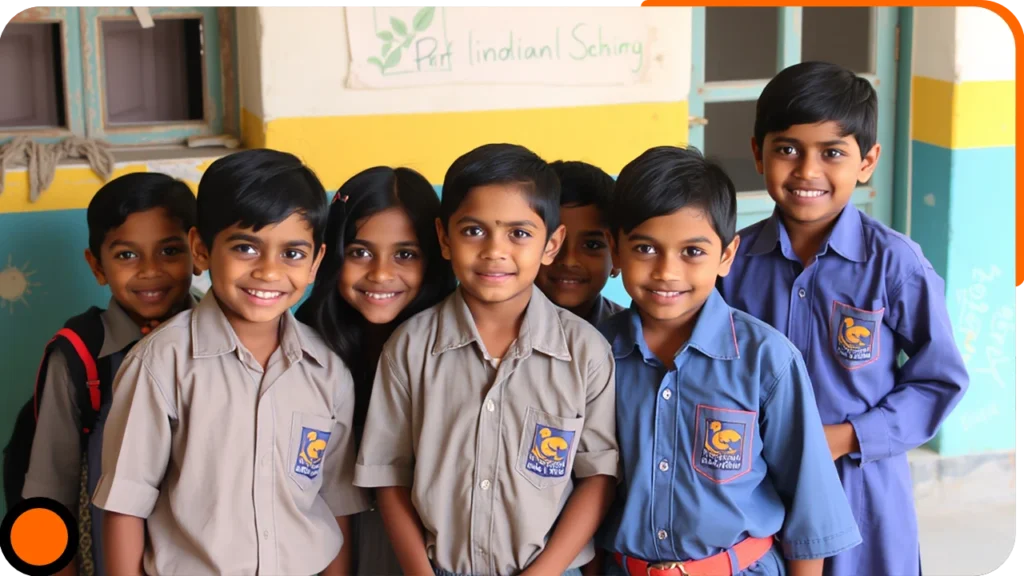Quest Thought Leadership
Education & Skilling
Partner/Client
Quest Alliance
Sector
Education & Skilling
Location
Karnataka, India
KEY HIGHLIGHTS
The study explored the impact assessed through Quest Alliance’s thought leadership initiatives from 2018-2023, focusing on their all-over impact, achievements, and future strategies.
It was centered around evaluating the effectiveness of knowledge products and knowledge exchange platforms in effecting positive transformation within the domains of education and vocational skilling.
The study also aimed to revisit and reevaluate the stakeholder grid for Quest Alliance by assessing the impact of their thought leadership in fostering meaningful collaborations.
A mixed methods approach was utilized by integrating both quantitative and qualitative techniques.
The analysis covered existing knowledge products such as white papers, impact reports, communication materials, and summaries of discussions on knowledge exchange platforms.
The study engaged 208 respondents through an online survey and conducted interviews with 41 key stakeholders in the ecosystem.
APPROACH
In 2018, Quest conducted a stakeholder mapping exercise to identify key groups influencing the education and vocational skilling ecosystem in India. They analyzed their actual stakeholder engagement levels and identified opportunities for deeper collaborations.
An evaluation of Quest Alliance’s existing thought leadership strategies and initiatives was undertaken. Their effectiveness in shaping narratives and influencing stakeholders was assessed.
Structured interviews with key stakeholders were employed to gather insights on their perceptions and experiences. Purposive and snowball sampling were utilized to reach a diverse range of respondents.
The interview data was analyzed to understand stakeholder perceptions and experiences. Key themes and areas of alignment or divergence with Quest Alliance’s self-assessment of their thought leadership were identified.
Through the process, areas for improvement and potential new directions were identified.
INSIGHTS AND FINDINGS
- Civil Society Organizations (CSOs) had integrated 21st-century skills and blended learning into their designed programs, prioritized gender equality and community engagement, and adopted innovative teaching methods inspired by Quest Alliance’s approaches.
- Their influence led to increased funding support, influenced donor strategies, and attracted more institutional funders. Corporates and industries increasingly seek advice and direction from Quest Alliance for their programs.
- The initiatives influenced practitioners and academicians to adopt innovative ideas on 21st-century skills, blended learning, and self-learning.
- Quest Alliance collaborated with the government to develop new curricula, partnered with government bodies for digital skilling programs, rolled out blended learning programs, and built facilitator capacities through training-of-trainers programs on employability skills across the country.
The knowledge products were widely read and shared, stakeholders gained new insights and ideas, social media channels were effective, and events and collaborations were largely successful, thus garnering social impact.
RECOMMENDATIONS/VALUE ADDITION
Civil Society Organizations should be provided with practical guidance and resources for fostering self-learning skills. Comprehensive toolkits, goal-setting templates and standardized assessment tools should be developed for them.
Corporates and industries should be provided with quantifiable impact metrics, and there should be a shift in focus from reporting numbers to understanding attributable impact.
More strategies, like interactive sessions, and collaboration opportunities should be developed for practitioners and academicians to increase practitioner-driven research and publication.
Quest Alliance should identify and work with advocates within the government ecosystem to improve the quality of courses, expand the scope of educational and skill training institutes covered, and publish reports and materials in different regional languages.
They should expand the portfolio of knowledge products, secure recognition for knowledge products by actively seeking citations and references in prestigious publications, improve the Net Promoter Score, diversify content through opinion editorials and feature stories, and explore dedicated sections for education-related news and analysis. Additionally, Quest Alliance should participate in international events and cultivate collaborations with global networks.

